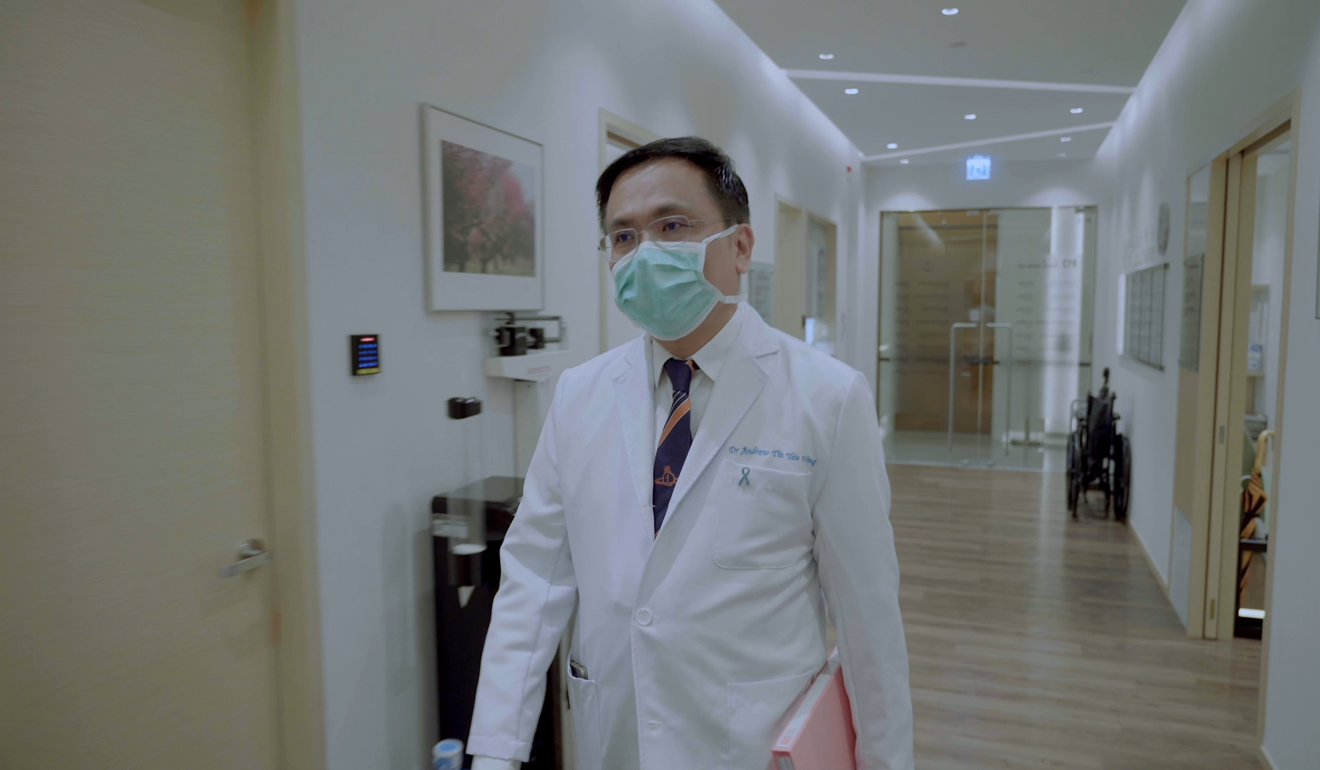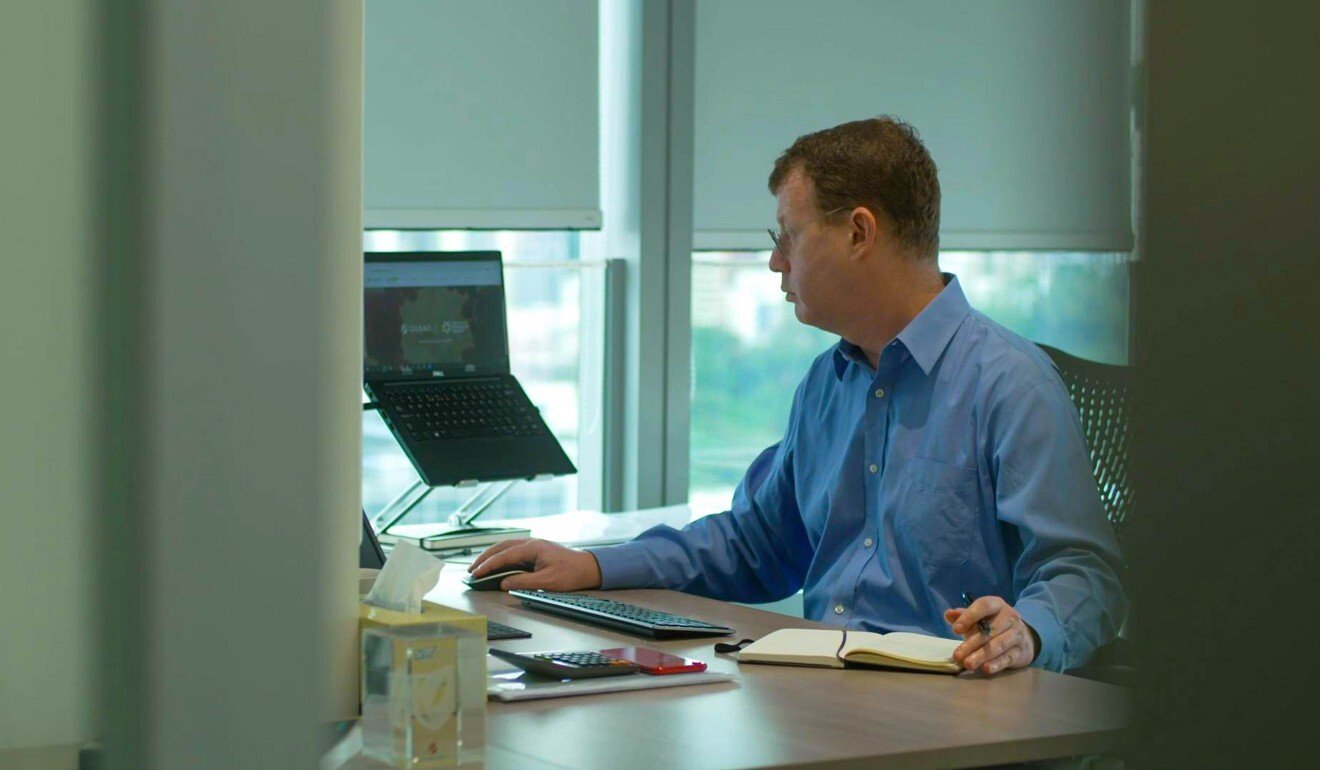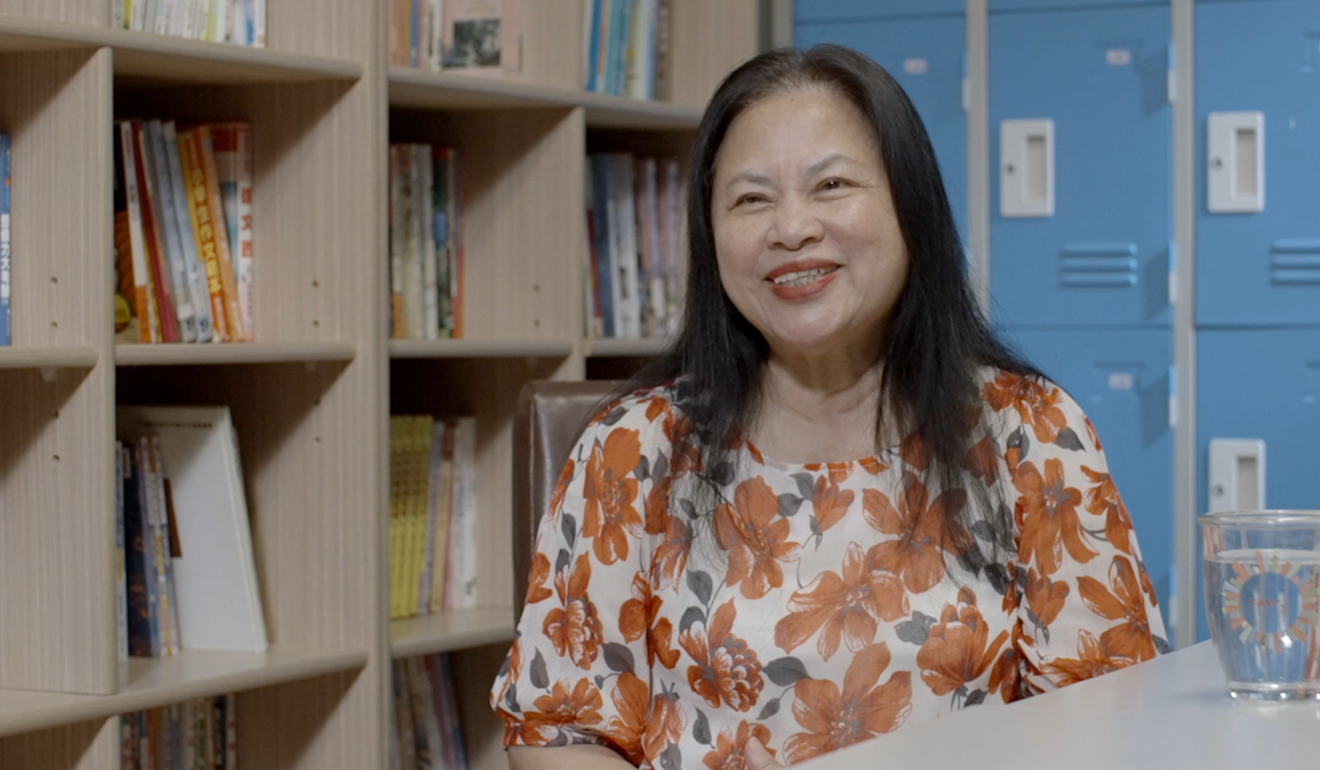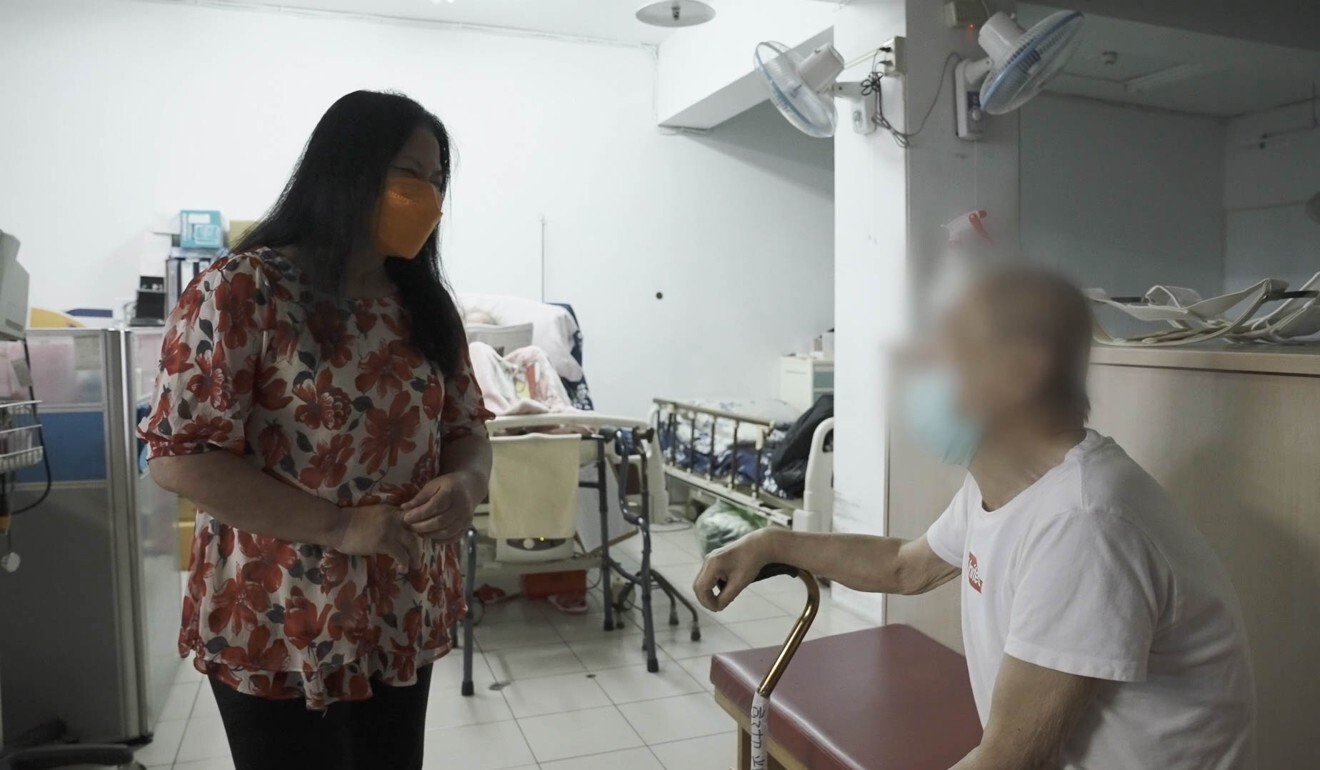- The spread of the coronavirus has strained health care systems, affecting patients with chronic conditions as their treatments get delayed
- These disruptions call for community health care workers, industry leaders and governments to collaborate on addressing patient needs
Paid Post:Gilead Sciences
The global battle to eradicate Covid-19 is still ongoing. At the height of the pandemic, accounts of health care workers struggling to cope with rising case numbers – leaving them physically and mentally exhausted – made multiple news headlines every day.
Many countries came to the painful realisation that their health care systems were not prepared to deal with a large-scale health crisis requiring the urgent mobilisation of resources and affecting the whole population, according to multinational consultancy Deloitte.
“There’s nothing more important than getting access to innovative treatments, including those that are still in the clinical trial phase,” says Dr Andrew Wong Tin-yau, a specialist in infectious disease and immediate past president of The Hong Kong Society for Infectious Diseases.

Dr Andrew Wong Tin-yau, a specialist in infectious disease and immediate past president of The Hong Kong Society for Infectious Diseases, says getting access to innovative treatments is essential during a health crisis.
While progress has been made to treat and prevent Covid-19, a study published in the International Journal of Physiology, Pathophysiology and Pharmacology in June reported that “the outbreak of the pandemic created significant barriers to diagnosis, treatment and follow-up of chronic diseases”.
The situation is no different in Asia. The massive disruption in the health care sector has significantly affected people diagnosed with chronic illnesses, as they have to contend with their medical care being sidelined or halted altogether.EVERY SATURDAYSCMP Global Impact NewsletterBy submitting, you consent to receiving marketing emails from SCMP. If you don’t want these, tick hereBy registering, you agree to our T&C and Privacy Policy
“What worries us most is not only the immense workload faced by the health care workers, but also how the pandemic has delayed services to non-Covid patients in some cases, and the unforeseeable impact to the community,” Wong says.
Andrew Hexter, vice-president and general manager of Gilead Sciences Asia 5 – which covers the pharmaceutical company’s operations in Hong Kong, Singapore, South Korea, Taiwan and Malaysia – says that by partnering closely with governments, Gilead was able to accelerate clinical trials, registration and access for life-saving drugs to bring them to patients “at a faster pace than we normally could have”.

Andrew Hexter, vice-president and general manager of Gilead Sciences Asia 5, says that by partnering closely with governments, the company was able to accelerate clinical trials and patient access for life-saving drugs amid the Covid-19 pandemic.
The pandemic has created new daily challenges for Nicole Yang, the founder of Harmony Home Foundation, a non-profit organisation in Taiwan that helps people living with HIV or Aids. “Patients do not have their usual access to doctors, treatments were delayed, and donations we received have also drastically decreased given the uncertain economic situation,” she says. “The pandemic has made things very difficult.”
Set up in 2011, Harmony Home operates two service centres in Taiwan that provide shelter, care, access to treatment and support to people living with these chronic conditions, as well as to children who may also be impacted.
Despite the current hurdles in delivering care due to the pandemic, Yang and her team remain committed to making a difference in the lives of their patients, with help from the Gilead CARES (Covid-19 Acute Relief and Emergency Support) Grantee Fund.
“With the support of key partners, we have been able to overcome some of our challenges,” Yang says.

Nicole Yang, the founder of Harmony Home Foundation, a non-profit organisation in Taiwan that helps people living with HIV or Aids, says patients have had less access to doctors and also saw treatments delayed during the pandemic.
The Gilead CARES Grantee Fund, launched in April last year, aims to provide financial support to non-profit organisations facing imminent closure or the termination of vital services due to losses resulting from the Covid-19 pandemic.
Hexter says it is crucial for all parties to come together and collaborate, particularly in times of crisis.
“This ongoing pandemic requires 100 per cent of our attention, but let’s not forget patients that need day-to-day care – they also deserve 100 per cent of our attention,” Hexter says. “A critical learning that is being reinforced is the fact that by working together for patients during this pandemic, we will absolutely achieve more together than we can apart.”

Yang has been able to continue Harmony Home’s work with assistance from the Gilead CARES Grantee Fund, which provides financial support to non-profit organisations facing imminent closure or the termination of vital services due to the Covid-19 pandemic.
In June last year, Gilead Sciences made a donation of more than US$500,000 to support community groups as well as vulnerable families, schoolchildren and homeless people across Asia as they weather the effects of Covid-19.
“Partnerships have a multiplier effect, empowering community groups to go that extra mile and bridge those unmet needs,” Hexter notes.
Wong agrees with this approach. “To return to normalcy, we must continue to take advantage of the strong collaboration between governments, the health care community and the industry to pull resources together to drive initiatives,” he says.
“Only with scale, speed and consistency can we work together towards recovery.”
(forwarded form South China Morning Post – Morning Studio editors: Hard lessons from the Covid-19 pandemic: patients-first collaboration is critical to ensure no condition gets sidelined)
